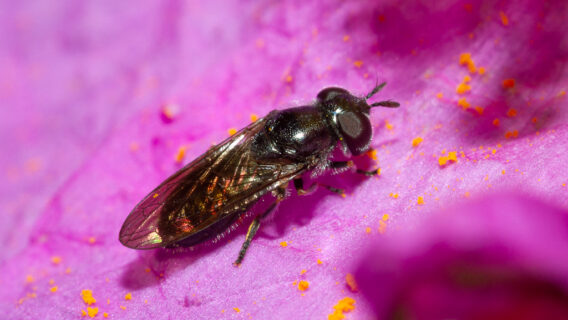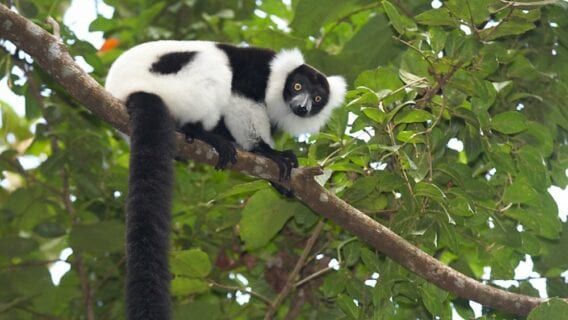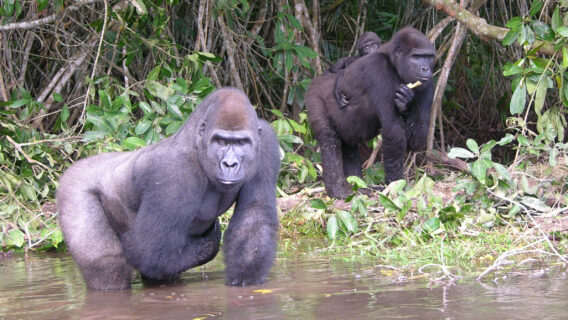
Inventory and conservation assessment of selected threatened molluscs and crustaceans in lakes Mutanda and Bunyonyi in Uganda
Project overview
This project seeks to document the conservation status of the astonishing malacofauna and crabs assemblage in Lakes Mutanda, and Bunyonyi with the potential of updating the conservation status of Bulinus mutandaensis, and Potamonautes mutandensis, both endemic to Southwestern Uganda. This project possesses a unique potential to resolve the taxonomic discrepancies hampering freshwater aquatic snails especially Bulinus mutandaensis by employing DNA barcoding and morphological examination techniques.
Threats

Habitat loss & degradation

Invasive alien species

Pollution
Additionally, this project is significantly contributing to the NCBI Genbank collection by adding several DNA sequences for some endemic African molluscs. Furthermore, it details the ecology and habitat preferences of B. mutandaensis and P. mutandensis, providing crucial guidance for conservation priorities concerning these species.
Project objectives
- To investigate the abundance, distribution and threats pertaining to the threatened species Bulinus mutandaensis, and Potamonautes mutandensis in lakes Mutanda and Bunyonyi.
- To resolve the taxonomic discrepancies pertaining Bulinus mutandaensi employing both DNA barcoding and the shell morphology examination techniques.
- To investigate the complex nexus between the environmental-geographical variables, and the abundance of the threatened species Bulinus mutandaensis, and Potamonautes mutandensis in lakes Mutanda and Bunyonyi.
- To create a sustainable long-term conservation impact for the threatened species Bulinus mutandaensis, and Potamonautes mutandensis through knowledge and behaviour change of the future local community generation.
Project activities
- Conduct rigorous snail and crustacean surveys in both the wet and dry seasons for one year collecting snails and crab specimens simultaneously with the environmental data specifically; physical habitat structure including the vegetation dynamics, substrate type, GPS coordinates and the water physicochemical parameters.
- Resolve the taxonomic challenges pertaining to B. mutandaensis and aquatic molluscs in general, we are conducting DNA barcoding using the PCR based approaches for molluscs at Justus Liebig University Giessen, Germany.
- Employ a citizen scientist approach to capture weekly snail and crab data from the two lakes which has enhanced community involvement in aquatic fauna conservation. The data is captured and uploaded to a central server by the citizen scientist using a KoboToolBox app on a smartphone.
- Plan a conservation awareness campaign in a selected primary school and a meeting with the local community members informing them about the ecological services offered by snails, and crustaceans and the lake at large and their conservation priorities and opportunities. We believe that this will streamline the local communities’ knowledge, perception, attitude and behavior towards the aquatic snails, crabs, and the lake conservation.
This project is implemented by Francis Ssenkuba, Mbarara University of Science and Technology.




